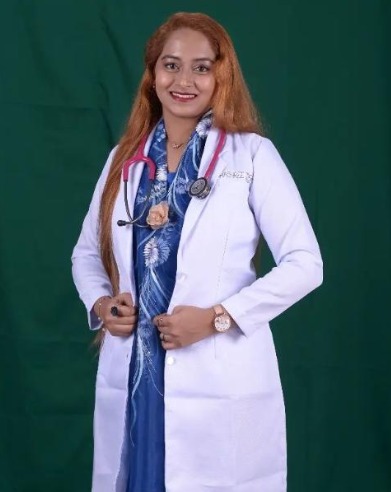Diagnosis of Thyroid Cancer: How It Is Detected and Confirmed
Accurate diagnosis of thyroid cancer is a crucial first step toward effective treatment and management. Since many thyroid cancers develop without obvious symptoms, a combination of physical exams, imaging, blood tests, and biopsy procedures is often used to confirm the presence of cancer. Understanding how thyroid cancer is diagnosed can help patients feel more informed and prepared throughout their healthcare journey.
Thyroid cancer can be diagnosed after someone goes to the doctor for symptoms, or it can be found during a regular physical examination or other tests.
Individuals who have or could have thyroid cancer will undergo one or more of these tests.
- To help identify suspected areas that could be cancer.
- See how far cancer’s spread.
- To aid in determining whether the treatment is working.
Ultrasound uses sound waves for images of parts of your body. No radiation exposure takes place during this test.
This test will determine if a thyroid node is solid or liquid-filled. It also checks the number and size of thyroid glands and helps determine whether nearby lymph nodes have swollen because thyroid cancer has spread.
For thyroid nodules that are too small to feel, this test may be used to guide a biopsy needle into the nodule to obtain a sample.
Radioactive iodine scans can help determine whether a person with a bump in the neck could develop thyroid cancer. They are also often used in people who have previously been diagnosed with distinguished thyroid cancer to help demonstrate whether it has spread.
If you have been identified with thyroid cancer (particularly follicular thyroid cancer), a chest X-ray may be performed to see if cancer has spread to your lungs.
Computed tomography is an X-ray test that makes it possible to make detailed cross-sectional images of your body. It may help determine the size and location of thyroid cancers and whether they have spread to nearby regions.
A computed tomography scan can also be used to search for propagation in distant organs such as the lungs.
MRI studies use magnets rather than radiation to create detailed images of your sectioned body. MRI can be used to search for thyroid cancer or cancer that has spread to parts near or far from the body.
But ultrasound is generally the first option to look at the thyroid. MR may provide highly detailed images of soft tissues such as the thyroid gland. MRIs are also very useful in the examination of the brain and spinal cord.
A PET scan can be extremely useful if your thyroid cancer does not absorb radioactive iodine. When this happens, PET Scan may be able to tell if cancer has spread.
The real diagnosis of thyroid cancer is done with a biopsy, in which the cells of the suspect area are removed and examined in the laboratory.
If your doctor thinks a biopsy is necessary, the easiest way to find out if a thyroid tumor is cancerous is with a fine thyroid needle.
Thyroid tumors may sometimes affect the vocal cords. If you are going to undergo surgery to treat thyroid cancer, laryngoscopy will probably be performed first to see if the vocal cords are moving normally.
Frequently Asked Questions (FAQs):
Q1. What is the most reliable test for diagnosing thyroid cancer?
A. A fine-needle aspiration (FNA) biopsy is considered the most reliable test, as it allows doctors to examine thyroid cells under a microscope.
Q2. Can thyroid cancer be detected in a blood test?
A. Blood tests can help assess thyroid function and detect markers, but they cannot confirm thyroid cancer on their own.
Q3. Is an ultrasound enough to diagnose thyroid cancer?
A. Ultrasound can identify suspicious nodules, but a biopsy is usually needed to confirm if a nodule is cancerous.
Next in Thyroid Cancer

Author Bio:
Dr. Yashashree Joshi – MBBS, MD (Philippines)
Dr. Yashashree Joshi, MD, is a globally-trained oncologist with a robust academic background and extensive experience in pioneering cancer treatments. Dedicated to patient-centered care, she continually integrates the latest advancements in oncology to provide her patients with innovative and personalized treatment plans.
Content Medically Reviewed By MedicoExperts Editorial & Clinically Review Board



